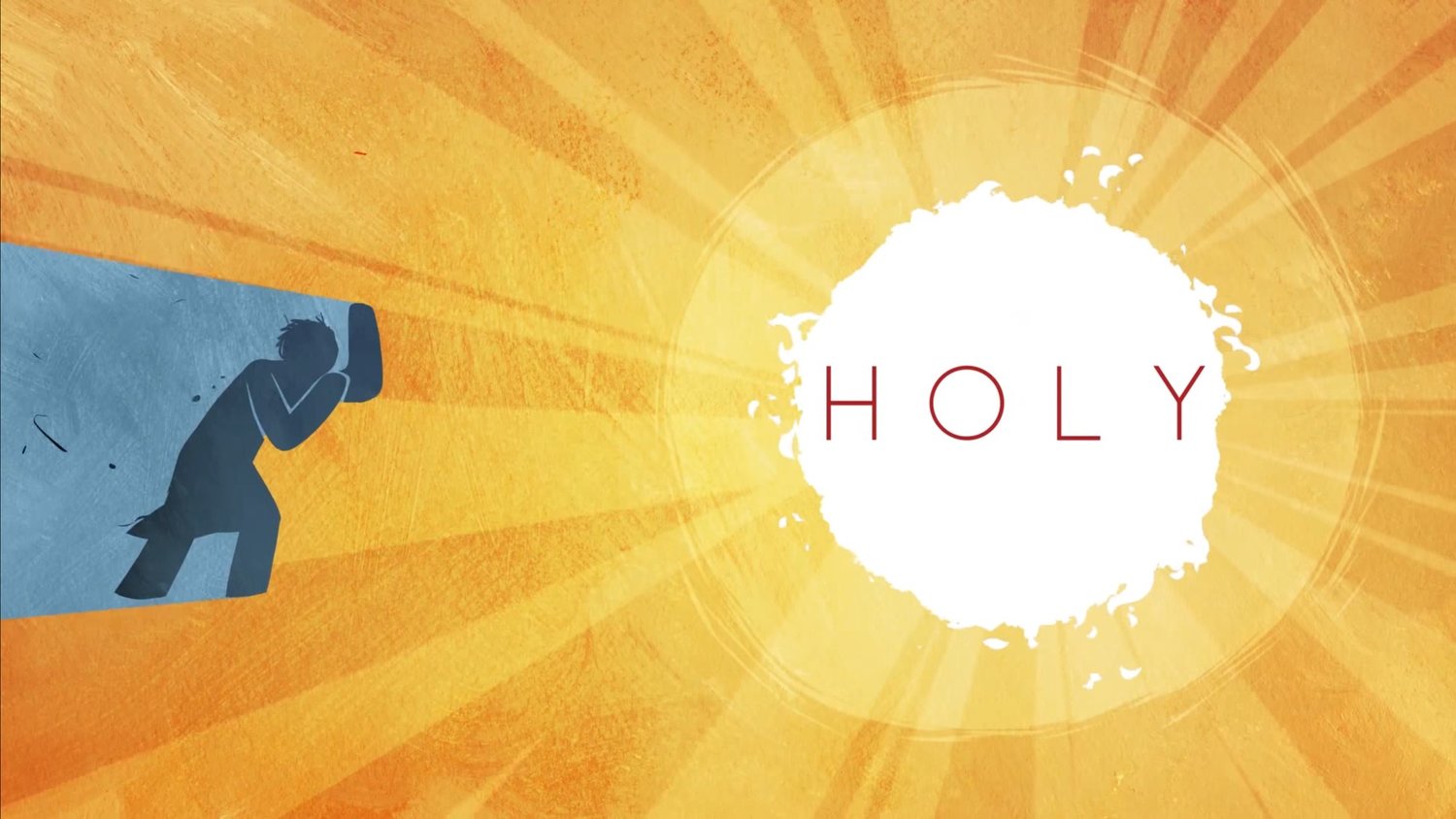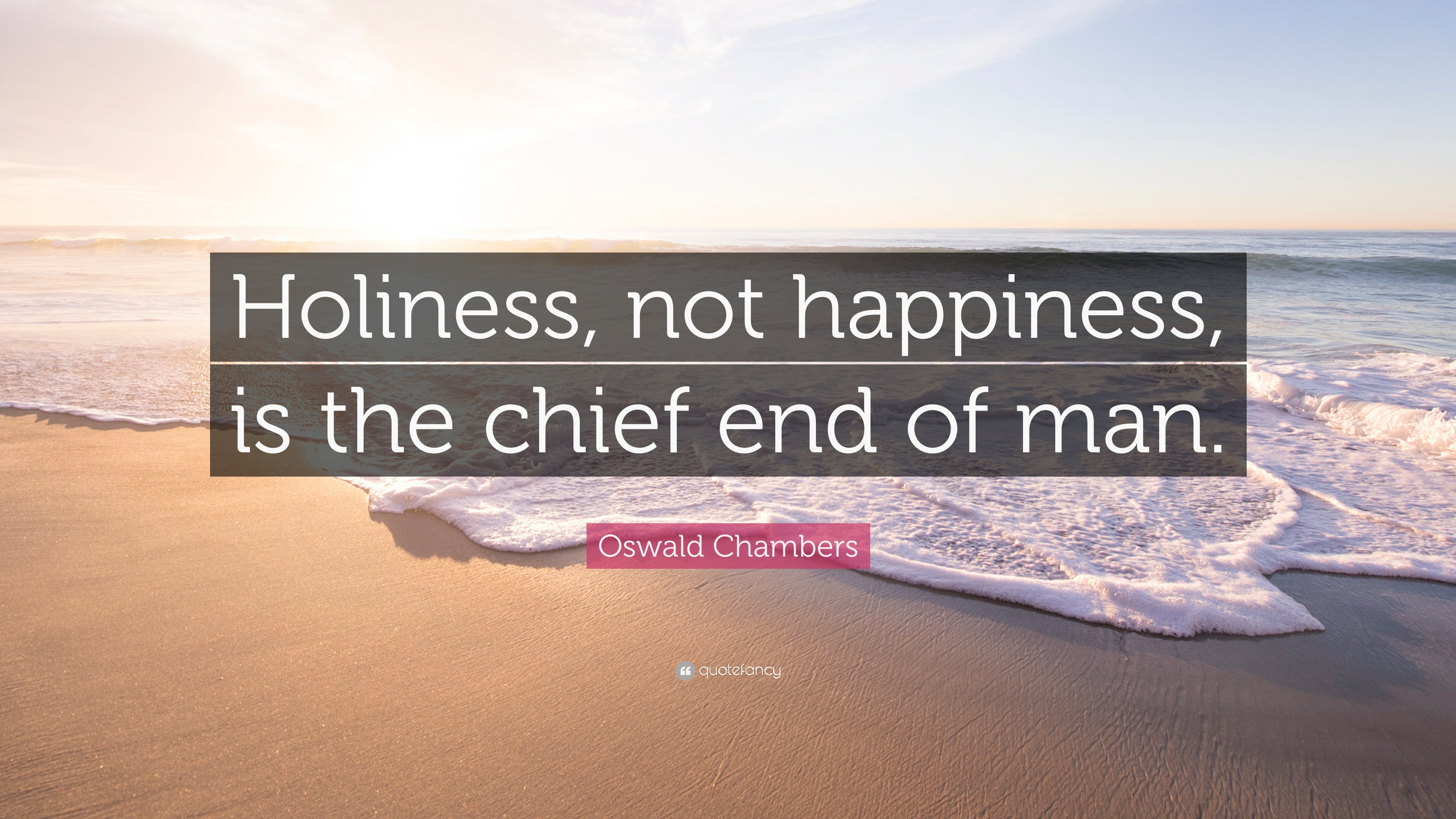
When I was a kid one of my
favorite movies was The Karate Kid.
In the movie, a wimpy kid named Daniel who always gets beat up befriends Mr.
Miagi, a karate expert. Daniel asks Mr. Miagi to teach him everything the
sensei knows about karate. Mr. Miagi agrees, but only under one condition:
Daniel must submit totally to his instruction and never question his
methods.
Daniel shows up the next
day eager to learn punches and kicks, but Mr. Miagi has him paint a fence with
special attention to his form—up, down, up, down. A few days later Mr. Miagi has Daniel scrub
his porch using a prescribed stroke.
Next, Mr. Miagi has Daniel wax three beat up cars with the same
attention to detail—wax on, wax off.
Finally, Daniel reaches
his limit and is about to quit, he says, “I thought you were going to teach me
karate, instead you’ve made me your slave!” Mr. Miagi says, “I have been
teaching you karate. Defend yourself!” Miagi punches at Daniel, who
instinctively blocks the punch with the same motion he learned from paining the
fence. Miagi unleashes a kick and Daniel deflects it with the same technique he
used from waxing the car. Miagi walks away and says, “I teach you karate and
you not know it.”
Daniel’s obedience led to
an unexpected result. Even though Miagi’s ways were unorthodox, Daniel obeyed,
and only afterward did he gain understanding. That same principle is true in
our spiritual lives as well. God doesn’t owe us an explanation or reason for
everything He asks you to do. Understanding can wait, but obedience can’t.
Instant obedience will teach you more about God than a lifetime of reading
theological volumes. In fact, you will never understand some commands until you
obey them first because obedience unlocks understanding. C.S. Lewis remarked,
“Obedience is the key that opens every door.”
As I have studied the Scriptures,
I have found that the people who have learned to obey have seen God bring
amazing results. For example:
·
Noah obeyed God
like his life depended on it and the Ark saved his family (Gen. 6:22).
·
Abraham obeyed
God by placing Isaac on the altar, and just in the nick of time God provided a
sacrifice (Gen. 22:10-12).
·
Joshua obeyed
God’s marching orders and the walls of Jericho came tumbling down (Josh. 6:15).
·
Peter obeyed
Christ and brought in a record catch of fish (Luke 5:5-6).
·
The servants at
the wedding in Cana filled the pots to the brim with water, and out came wine
(John 2:5-7).
Obedience is connected to
our faith and our love. When we obey, we trust that God’s plan for our life is
better than our own, and faith pleases God (Heb. 11:3). Obedience also proves
our love to God; Jesus said, “If you love me, you will obey my commandments”
(John 14:15). As we obey God our faith grows and our love for Him deepens. We
gain confidence as we see the blessings of obedience. As Oswald Chambers said,
“The Golden Rule for understanding spiritual things is not intellect, but
obedience.” -DM


